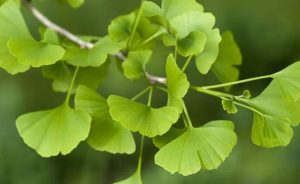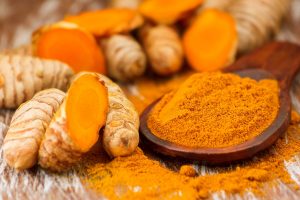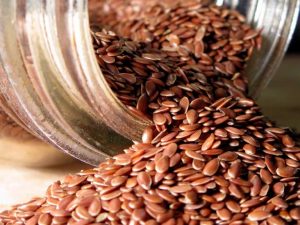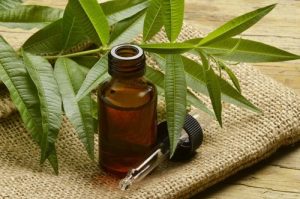Nature’s 5 Most Powerful Medicinal Plants
These plants have the most numerous high-quality studies and are the safer choices among herbal remedies. She’s marked “0” as unsafe with no research, and “5” as completely safe with ample research. Many of these plants are somewhere between 3 and 4, according to Wilson.
We hope this guide will act as a starting point to those who wish to integrate herbal remedies into their lives and arrive armed with knowledge. As always, speak with your doctor before starting any new.
Ginko
Rating
Safety: 3/5
Evidence: 3.5/5
 As one of the oldest tree species, gingko is also one of the oldest homeopathic plants and a key herb in Chinese medicine. The leaves are used to create capsules, tablets, and extracts, and when dried, can be consumed as a tea.
As one of the oldest tree species, gingko is also one of the oldest homeopathic plants and a key herb in Chinese medicine. The leaves are used to create capsules, tablets, and extracts, and when dried, can be consumed as a tea.
It’s perhaps best-known for its ability to boost brain health. Studies say that gingko can treat patients with mild to moderate dementiaTrusted Source, and can slow cognition decline in dementia and Alzheimer’s disease.
Recent research is looking into a component that can help diabetes, and there continue to be more studies, including an animal study that says it might influence bone healing.
Turmeric
 Rating
Rating
Safety: used as an herb: 5/5; used as a supplement: 4/5
Evidence: 3/5
With its brilliant orange hue, it’s impossible to miss a bottle of turmeric sitting on a spice shelf. Originating in India, turmeric is believed to have anticancer properties and can prevent DNA mutations.
As an anti-inflammatory, it can be taken as a supplement and it’s been used topically for people with arthritis who wish to relieve discomfort. It’s used worldwide as a cooking ingredient, which makes it a delicious, antioxidant-richTrusted Source addition to many dishes.
According to recent research, turmeric is also showing promise as a treatment for a variety of dermatologic diseases and joint arthritisTrusted Sour.
Evening primrose oil
 Rating
Rating
Safety: topically: 4.5/
5; orally: 3/5
Evidence: 3/5
The vibrant yellow evening primrose flower produces an oil that’s thought to alleviate the symptoms of PMS and skin conditions like eczema.
Studies that are available on this oil tend to be all over the map, but there are studies that are stronger than others. For example, some studies have found that evening primrose oil has anti-inflammatory properties. It’s been known to help with conditions such as atopic dermatitis and diabetic neuropathyTrusted Source. It can also help with other health concerns, such as breast pain.
Recent research points to improving the quality of life for patients with multiple sclerosisTrusted Source, changing hormones and insulin sensitivity in those dealing with polycystic ovary syndrome, and using it topically to improve mild dermatitis.
Flax Seed
Rating Safety: 4.5/5
Safety: 4.5/5
Evidence: 3.5/5
Flax seed, also available as an oil, is one of the safer choices among plant-based dietary supplements. Harvested for thousands of years, today flax seed is praised for its antioxidant activity and anti-inflammatory benefits.
Although more research needs to be done with human subjects, one study says that flax seed can help prevent colon cancer.
Another studyTrusted Source cites that flax seed has the ability to reduce blood pressure. When consumed, it can even aid in reducing obesity. Many people add flax seed and flaxseed meal to oatmeal and smoothies, and it’s also available in the form of tablets, oil (which can be put into capsules), and flour.
Tea tree oil
 Rating
Rating
Safety: 4/5
Evidence: 3/5
The tea tree, which is native to Australia, produces an oil that’s long been thought to be beneficial for skin conditions, including mild acne, athlete’s foot, small wounds, dandruff, insect bites, and other inflammatory skin conditions.
There needs to be further study into acne and scalp use, but for now, there’s a degree of research into the antimicrobial superpowers of tea tree oil on wounds and topical infections.
One recent study said that tea tree oil slowed the growth of acne-causing microbes. It’s commonly used as a highly concentrated essential oil.
Wilson recommends that tea tree oil, as with all essential oils, should be diluted in a carrier oil. She adds that it often already comes diluted in a variety of skin care products and creams.

